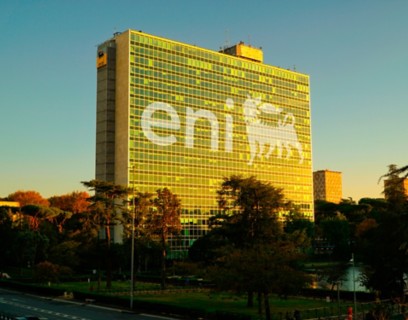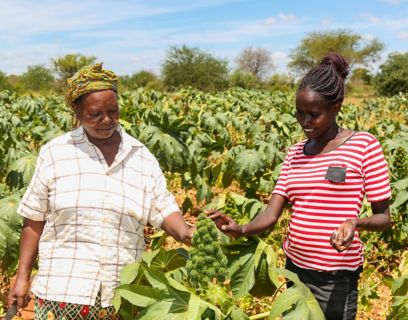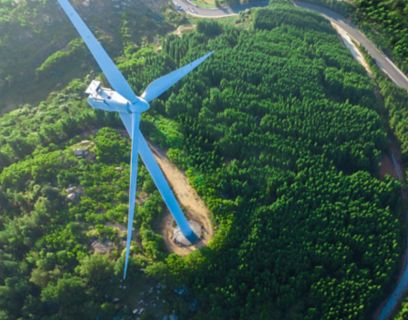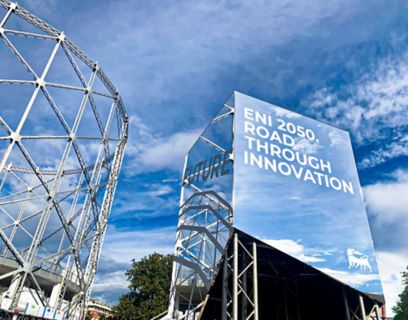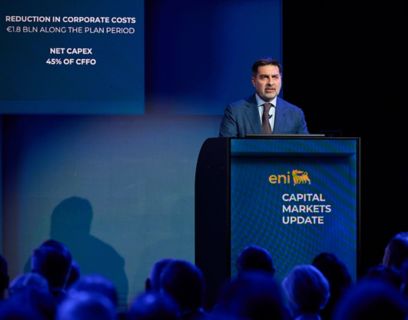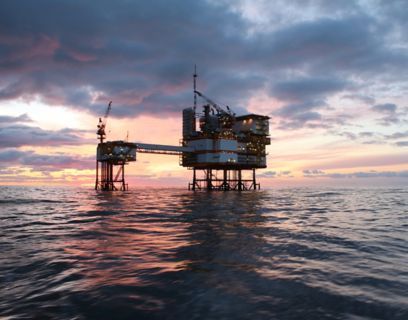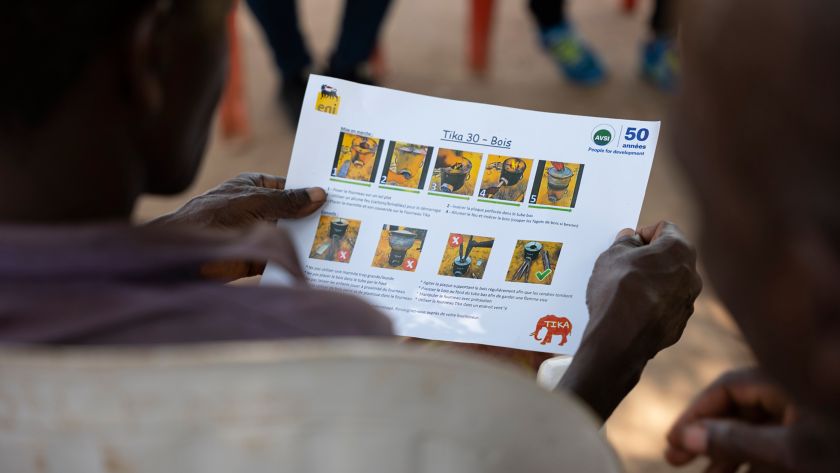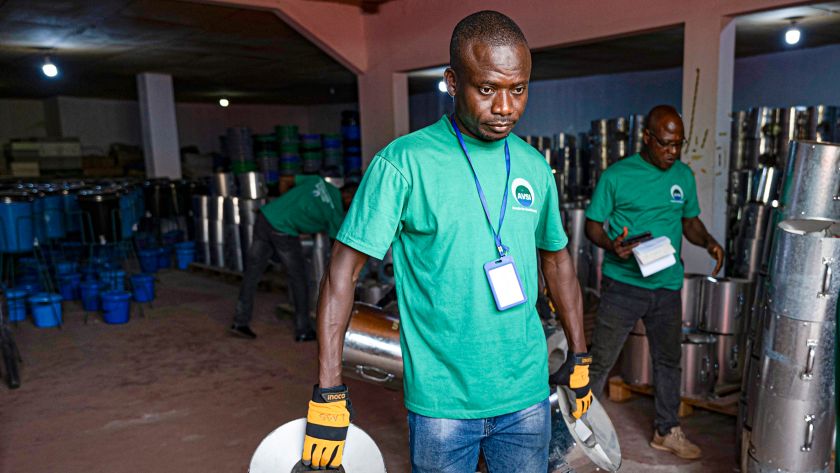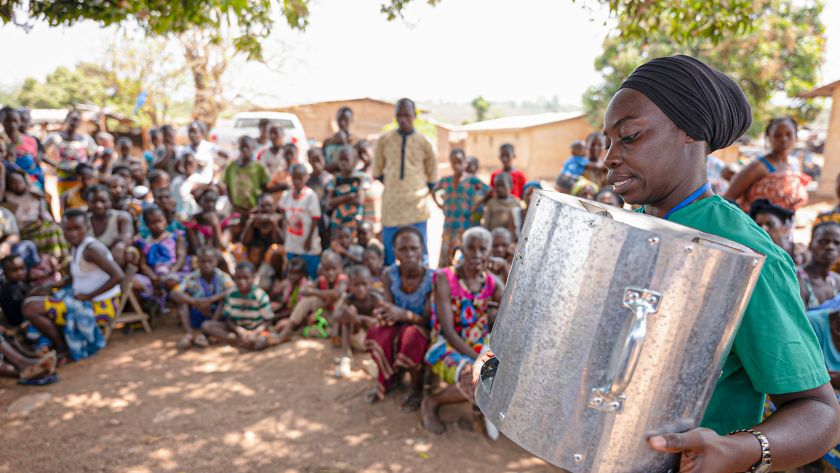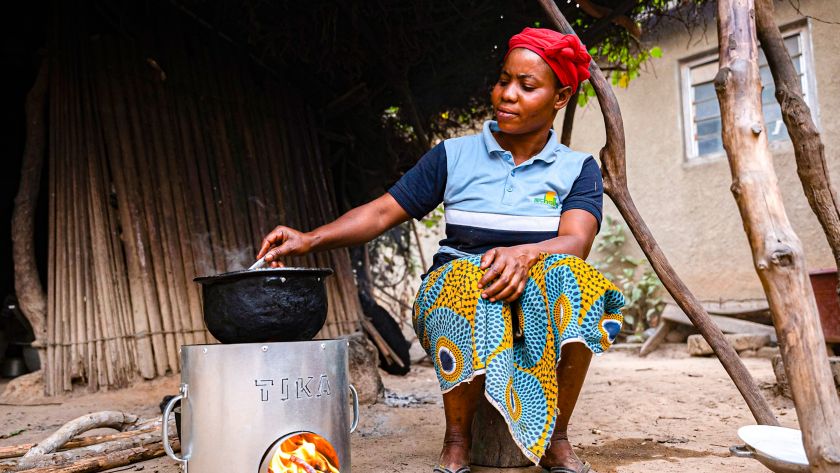MyEni Login
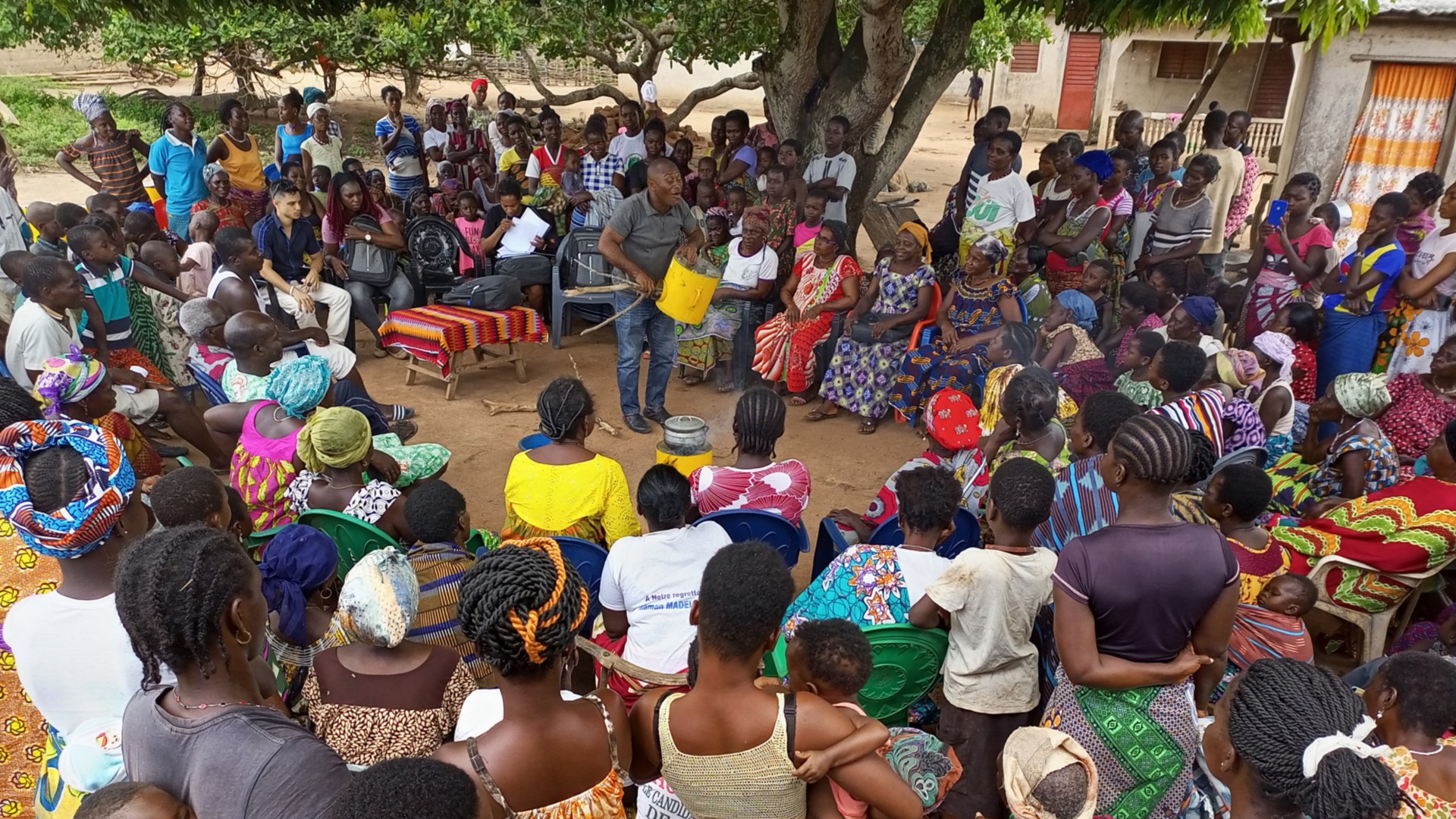
The project distributes improved cooking stoves with the aim of reducing wood biomass consumption and associated emissions. In addition to contributing to improving the quality of life of households by making traditional cooking methods more efficient and sustainable, the distribution and promotion of improved cooking stoves allows us to generate carbon credits (Verified Carbon Units - VCUs), certified by international standards. Thanks to this tool, over the next ten years we will be able to offset the residual Scope 1+2 development emissions of Baleine.
With the start of production of the Baleine gas field, the largest discovery ever in this area, we are consolidating our role in the energy transition and in further facilitating access to energy in Côte d'Ivoire. We help the country to establish itself as a regional energy hub, not only for its electricity system, but also for oil and gas production to meet external and domestic demand respectively.


SDG 1 No Poverty
SDG 3 Good health and well-being
SDG 5 Gender equality
SDG 7 Affordable and clean energy
SDG 8 Decent work and economic growth
SDG 13 Climate action
Eni Côte d'Ivoire
Green Ker
Project actions and objectives
We promote lowering energy poverty
We promote the dissemination of improved cooking systems in the most vulnerable communities in Côte d'Ivoire. The programme envisages the distribution of 300,000 cooking stoves over 7 years that will benefit over 1 million people. These appliances, characterised by high thermal efficiency, are entirely manufactured in Côte d'Ivoire by the local company Green Ker, which thanks to the project has increased its production capacity by more than 200%, investing in the purchase of new machinery and hiring new workers. The cookers are entirely produced in a workshop located in the city of Abidjan, recognised by the Clean Cooking Alliance, and partly assembled in Korhogo to support local businesses and labour.
We help offset emissions from the Baleine project
This initiative is an exemplary case for us. For the first time, in fact, we registered a carbon credit generation project in Eni's name with the certifying standard, instead of relying on a third party. A plan in line with our decarbonisation strategy to support the Carbon Offset Solutions , initiatives created to protect biodiversity by increasing the resilience and capacity of ecosystems to absorb CO2, while promoting development in local communities.
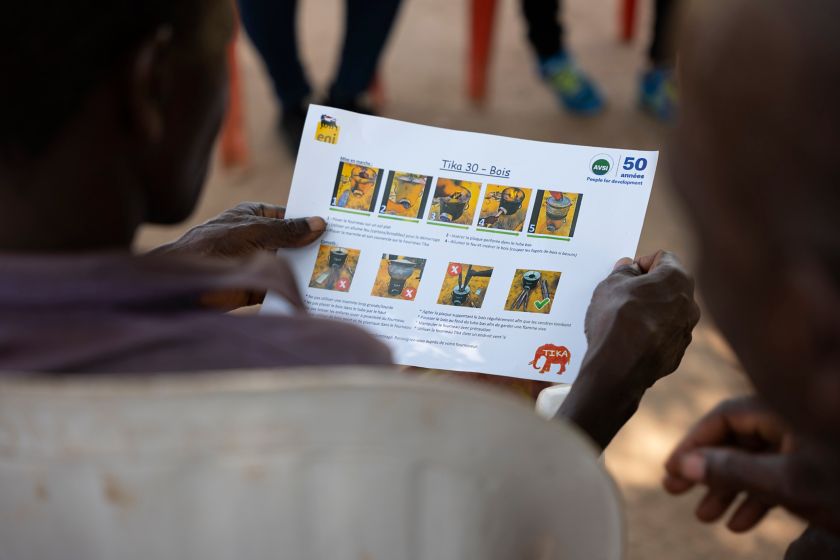
The distribution of improved cookstoves instructions for use
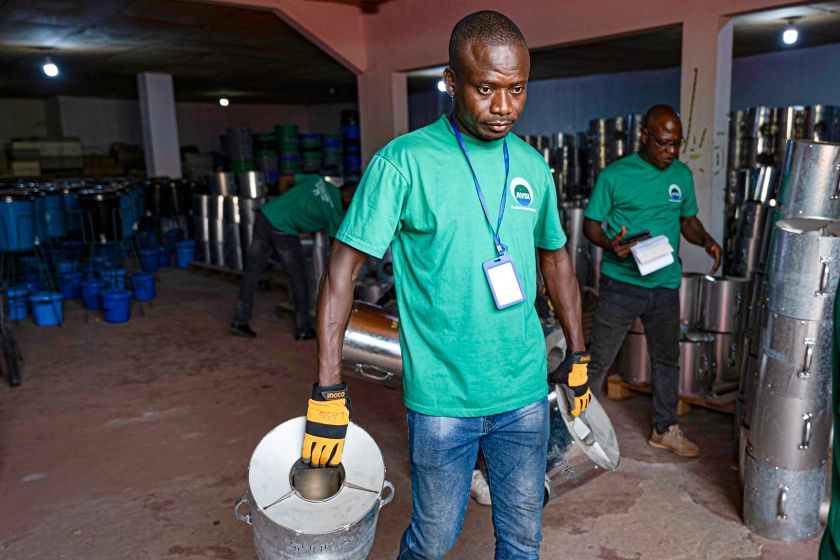
Men at work at the factory
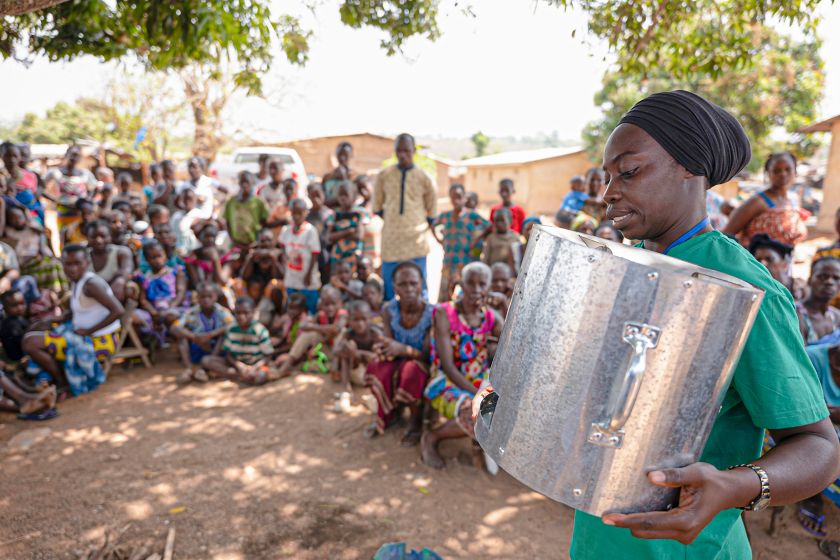
The distribution of cookers to the community
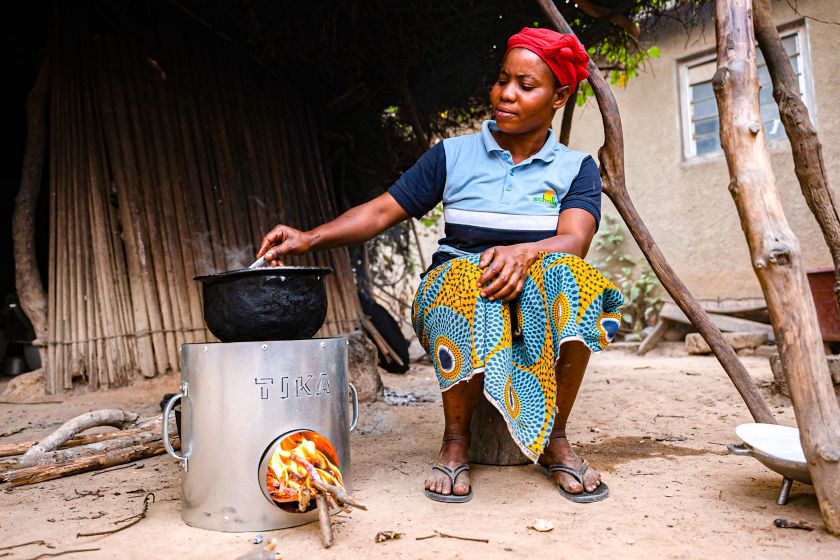
A cooking phase with the new cookers
A benefit for the environment and the community
Improved cooking stoves differ from traditional cooking systems, such as the three-stone hearth, in that although they are fuelled by wood or coal, they have a high thermal efficiency that enables them to make considerable savings on the amount of fuel needed to cook food. Thanks to their ability to reduce the amount of wood biomass used by up to 60%, improved cooking stoves are a valuable counter to deforestation, a problem that in the Ivory Coast is at its most serious level among all African countries. In addition to curbing deforestation, the improved cookers save time for collecting wood and money for purchasing charcoal, and reduce greenhouse gas emissions and smoke from burning. A regular relationship with the villages and communities, together with the assistance provided to individual families, are key elements of the work of the operators involved. The success of the initiative lies in raising awareness and accompanying the beneficiary families to adopt these cooking systems.
Highlights
improved cooking stoves distributed since June 2022
of the project
reached by the initiative
average annual reduction of GHG emissions expected from generated carbon credits
improved cooking stoves distributed since June 2022
of the project
reached by the initiative
average annual reduction of GHG emissions expected from generated carbon credits
Eni for 2022. Our alliances for sustainable development
The solid partnerships we build at a global level ensure that we achieve our goals for a fair and inclusive energy transition.
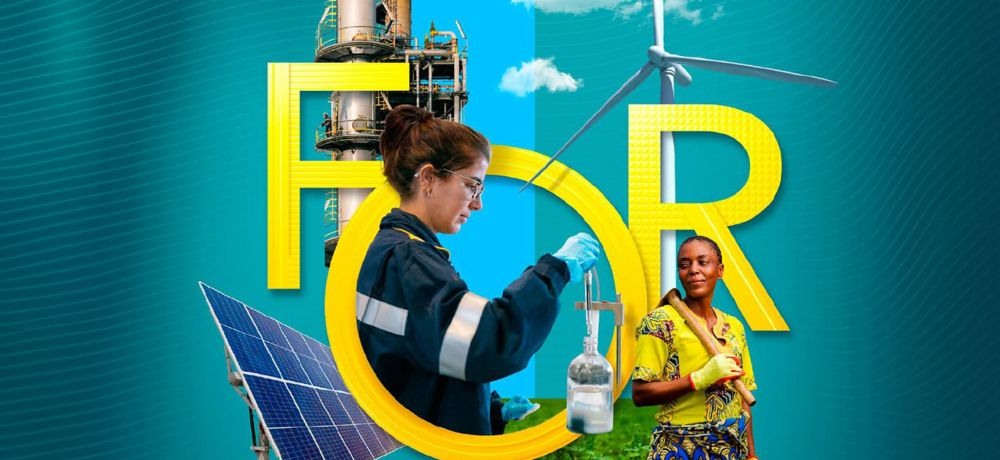
Eni.com is a digitally designed platform that offers an immediate overview of Eni's activities. It addresses everyone, recounting in a transparent and accessible way the values, commitment and perspectives of a global technology company for the energy transition.
Discover our mission


